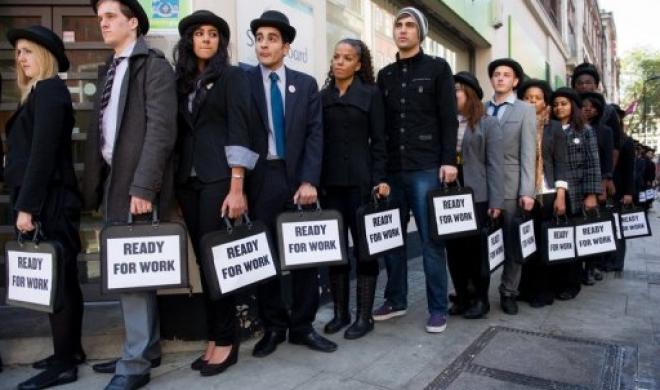This State Is Considering Diploma Privilege For Its Grads
Connecticut’s Supreme Court Chief Justice has put the diploma privilege debate back on the table.
Richard Robinson, the state’s Supreme Court Chief Justice, wrote a letter to law grads seeking diploma privilege saying that he’d discuss the request with other officials, Law.com reports. Diploma privilege would allow grads to become licensed attorneys without having to sit for the bar exam.
WHAT’S ON THE TABLE
Robinson wrote to proponents of diploma privilege in a July 29 letter, saying that he has already discussed the issue with Associate Justice Andrew McDonald. He also stated that he is planning to bring the request to the Connecticut Bar Examining Committee.
“Due to the complex nature of this matter, I believe that I cannot move forward with your request without first undertaking appropriate due diligence to determine how such a change in the rules would impact the practice of law in the state of Connecticut, and the clients that attorneys serve in the state,” Robinson states in the letter. “Once I have completed that process I will be in touch with you to inform you of my decision.”
In a Zoom meeting two days after Robinson’s letter, faculty from Connecticut’s law schools argued in favor of providing diploma privilege. However, the committee stated that it would not be waiving the scheduled October bar exam.
A petition by Diploma Privilege for Connecticut, a pro-diploma privilege group, has gathered more than 500 signatures of law grads and faculty arguing in favor of allowing students to practice the law without sitting for the bar exam.
“I would say it’s been enormously stressful,” Glenn Holmes, a 2020 University of Connecticut School of Law graduate, tells Law.com. “We are about 60 days from the online exam and basic questions about disability accommodations and how the test will work and whether people can take the exam in a quiet place have still not been answered. They [CBEC officials] don’t seem to have any understanding of what we are going through.”
DIPLOMA PRIVILEGE
A number of states are deciding whether to grant their law grads diploma privilege.
So far, four states have adopted diploma privilege for their grads. They include Louisiana, Oregon, Utah, and Washington.
The diploma privilege debate arose amidst the COVID-19 pandemic, which has forced many state bar exams to be taken online, placed increased pressure on grads studying for the exam, and caused a shortage of attorneys.
Proponents of diploma privilege argue that the bar exam fails to actually assess what lawyers do in the real world.
“The general public might be surprised to learn the bar exam is almost entirely divorced from the work we will do as attorneys,” according to a Washington Post piece. “The exam is entirely closed-book, an exercise in memorization more than anything else. The practice of law requires careful research and checking (and double-checking) what we believe we know. Lawyers who practice based on a generalized form of the law they have memorized from flashcards risk malpractice. But this is exactly what the bar expects us to do.”
Critics of diploma privilege say allowing law grads to practice law via diploma privilege may lead to failure of the bar exam in the future.
“Not only would this raise justifiable concerns about their competence to practice law when they were doing so, but it also would create the problem of nascent law practices having suddenly to close shop, potentially leaving clients in the lurch,” Chief Justice Ralph D. Gants of the Massachusetts Supreme Judicial Court states in a letter back in April.
Sources: Law.com, State of Connecticut Supreme Court, Washington Post, Law.com


Questions about this article? Email us or leave a comment below.